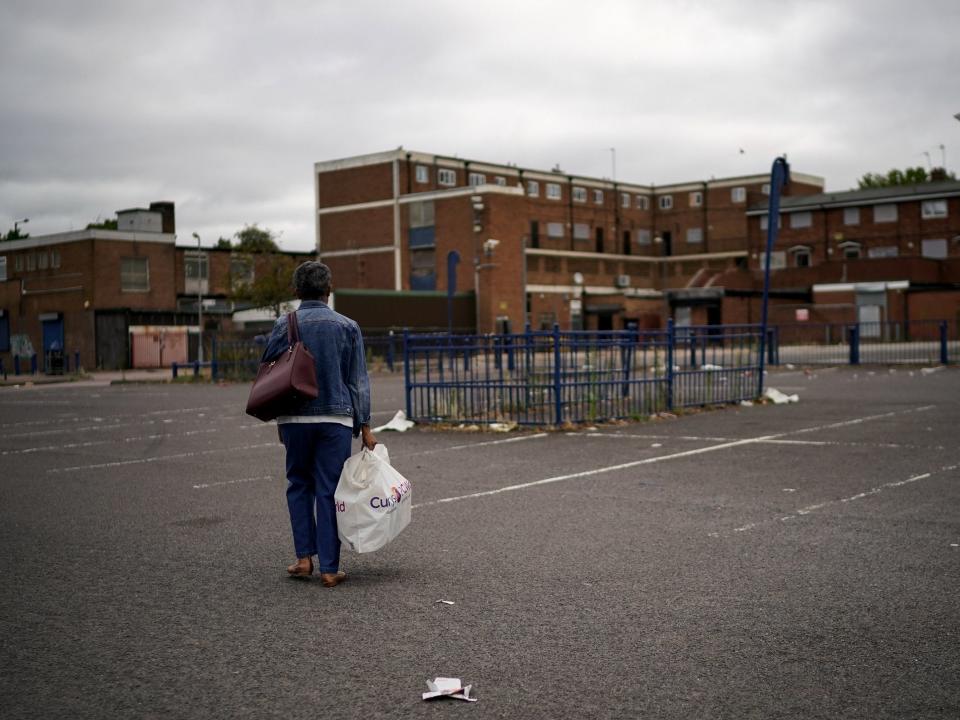Average Briton still £128 poorer than before last recession, new analysis reveals

Britain’s population is still poorer than it was a decade ago, according to new analysis that its authors say captures people’s experience better than official statistics.
Although people commonly expect living standards to rise over time, the New Economics Foundation (NEF) has found that the reverse has been true since 2008, with the average person still £128 per year worse-off than they were before the last recession.
In contrast, official data shows that GDP per head – which the NEF treats as a proxy for living standards – returned to 2008 levels back in 2015. The reason for this discrepancy lies in the different inflation metrics used, the think tank says.
When estimating GDP, or the value of national output, government statisticians adjust it for inflation, applying what is known as the GDP deflator. The Office for National Statistics (ONS) says it is the broadest measure of inflation in the UK economy, reflecting changes in the price of all goods and services that make up GDP, whether or not they involve consumers.
When fine-tuning GDP in its own analysis, the NEF used a narrower measure of inflation – one that tracks chances in consumer prices, including the costs of owning and maintaining a home.
The think tank found that adjusted this way national output per head is still slightly below where it was in the first quarter of 2008, just before Britain plunged into recession.
“The official data doesn’t appear to bear out the lived experience,” the NEF said.
It added: “It’s important to note that inflation is not the primary reason why real GDP per head, by any measure, has recovered so slowly since the crisis.”
The magnitude of economic shock in 2008 and the size of the recession that followed were larger than anything experienced by the UK economy since the 1930s Great Depression.
“Just as important” was the policy of austerity after 2010, the think tank said, noting its negative effect on economic activity.
Lastly, uncertainty about the UK’s trading future since the 2016 vote to leave the EU has also cost the economy an estimated £40bn in lost output in the year to March 2019.
The NEF’s analysis tallies with other worrying signs on living standards.
The Resolution Foundation said in July that average pay, adjusted for inflation, is still lower than its peak over a decade ago, despite rising steadily since early 2018.
And in August, the ONS published data showing that those born in the 1960s are the last generation in Britain to experience a broad rise in living standards. Analysis of incomes of people born between 1920s and 1990s revealed that, up until those born in the 1970s, each generation has tended to be better-off than people born a decade earlier were at the same age.

 Yahoo Finance
Yahoo Finance 